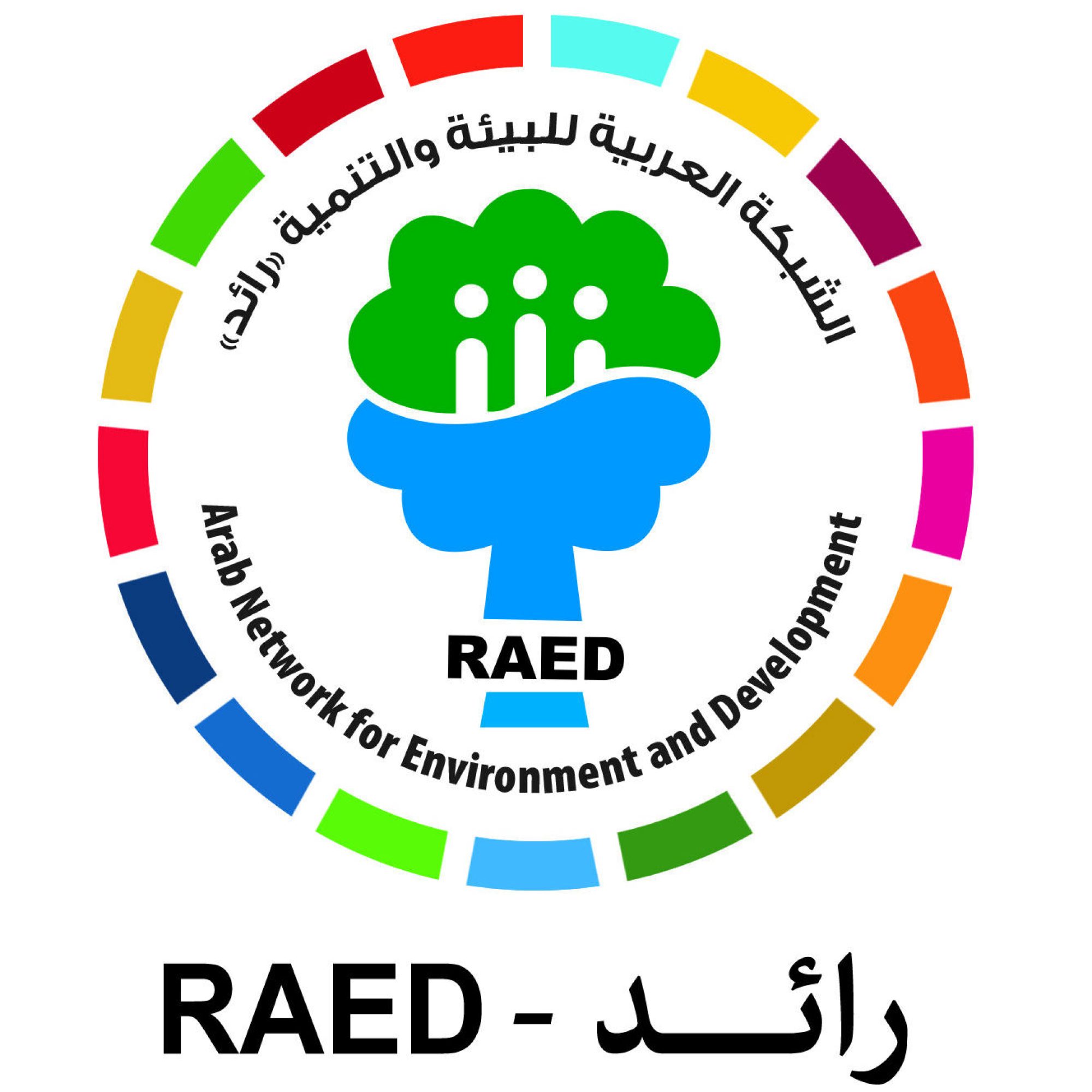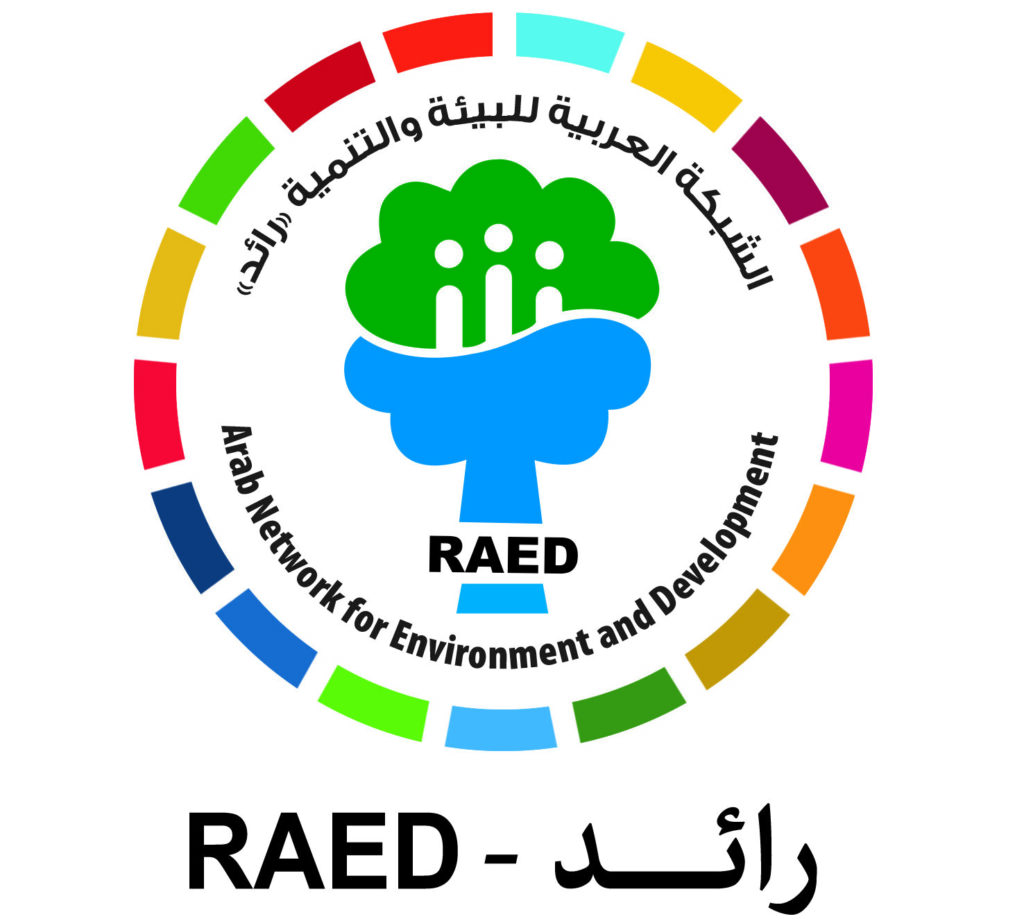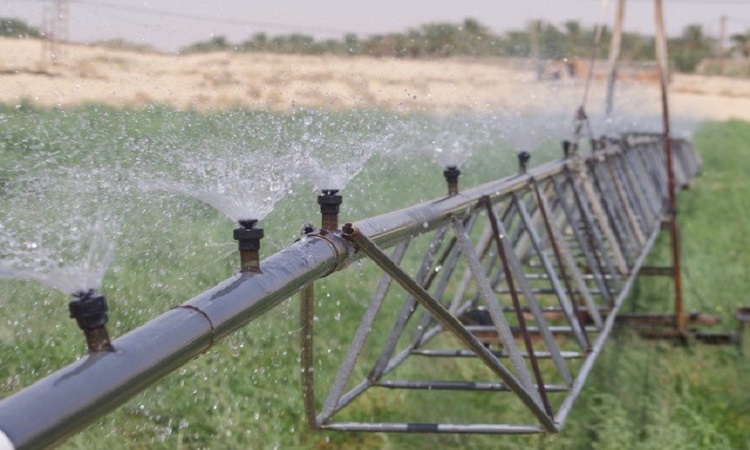The “Water and Environment Support” project launches its first activities in the southern Mediterranean countries
Within the framework of efforts to protect the environment and improve the management of scarce water resources in the Mediterranean region, and with the aim of developing solutions to problems related to pollution and water use efficiency, the “Water and Environment Support” project was launched, which is a regional project funded by the European Union, focusing on countries in the Middle East and North Africa region. Africa, and the project has already launched its first activities in a number of Arab countries, including Egypt, Morocco and Tunisia.
Reducing water waste in Assiut
Given that many parts of the dilapidated water network in most parts of Egypt suffer from the leakage of large quantities of water, which leads to the loss of an estimated percentage of more than 30% of the amount of water produced, which prompted the Water and Environment Support Project to launch a pilot activity, which is the first for the project. In Egypt, for the purpose of enhancing the capabilities of water facilities, managing and reducing non-revenue water, and detecting leaks in a pilot area in the city of Assiut.
Egypt has witnessed rapid population growth over the past few decades, which has led to the expansion of urban areas and the spread of villages in rural areas. While the increase in population numbers is expected to continue, estimates by the Ministry of Water Resources and Irrigation have indicated that a “threshold” will be reached. “Water scarcity,” at a rate of 500 cubic meters per capita annually, before 2025, that is, in less than 5 years.
Water conservation is one of the challenges of great importance in Egypt, as the Nile River is relied upon as a major water resource, in addition to the expected growth in water demand. From this standpoint, the pilot project, which is being implemented in partnership with the Drinking Water and Sanitation Company in the governorate, Assiut, aims to reduce non-revenue generating water, and continue its efforts to improve water management.
Dr. Ayman Ayyad, Director of the Water and Utilities Sector at the European Union Delegation to Egypt, acknowledged the fact that this first activity of the Water and Environment Support (WES) project represents a challenge, especially in light of the “Covid-19” crisis, but the issue of detecting and stopping leaks in water networks has become more important. It is more important now than ever, given the unilateral actions taken by Ethiopia in the Upper Nile River Basin.
According to the project coordinator in Egypt, Dr. Walid Haqiqi, the planned activity is in line with the objectives of the National Water Resources Plan 2017/2037, while Engineer Mohamed Salah El-Din, Chairman of the Board of Directors of the Assiut Drinking Water and Wastewater Company, said, “The percentage of water loss in the governorate is… Currently, it is 34%, and we hope to achieve, in the short term, and with the support of this project, a reduction in this percentage to 25%.”
Water demand management in Morocco
Economic and social development in the Kingdom of Morocco involves increasing demand for already scarce water resources, whether to provide drinking water to residents of urban and rural areas, industrial sectors, or tourist facilities, in addition to the increasing demand for water for irrigation purposes. Given the high and increasing demand in the country, use has become Water efficiency is of utmost importance and is considered a national priority.
In this context, the (WES) project has begun an activity in the Kingdom, which includes providing support to the Ministry of Equipment, Transport, Logistics and Water, to help it strengthen water demand management procedures in the country, to reduce local needs for domestic and public uses, and uses in the industrial and tourism sectors. The activity will focus To provide advice on water saving measures, which can be easily implemented in the country.
During the project launch meeting, Jacques Legros, from the European Commission delegation to the Kingdom of Morocco, confirmed that the European Union has been keen to provide support to the Kingdom for many years, in the field of water management, and added: “In addition, we are trying to implement the (Green Deal) plan.” ), launched by the European Union, which seeks to find ways to respond to combat climate change in our partner countries as well.
Tomato processing plants in Tunisia
A team of WES project experts also recently made a field visit to seven tomato processing companies in the Korba region in Tunisia. They also met with local authorities and associations. The visits focused on analyzing practices related to the tomato processing cycle, from cultivation, transportation to processing, to evaluate the impact of the components. The different cycles of tomato production and processing affect the environment and water resources in Lake Qorba and the valleys of the region.
The WES project is working to provide advice on how to reduce the environmental impacts associated with the important agro-food processing industry, with regard to tomatoes in the coastal region of Korba. Furthermore, an environmental monitoring system for tomato processing industries will be established, and a sectoral framework agreement process will be conducted on Sustainable resource management for the tomato processing industry in Tunisia.
Online water accounting
The “Water and Environment Support” project is currently holding the first regional training program for the “Water Accounting” program, which was scheduled to be held in the Greek capital, Athens, during last June, but it was postponed due to the “Corona pandemic”, to be held via the “Internet”. During the period from 12 to 26 October, it includes a series of lectures, including guidelines and best practices regarding water accounting.
The regional training aims to introduce water accounting as a tool to achieve integrated water governance and a sustainable water balance, and to appreciate its important role in water monitoring. Participation in this event is open to water experts in the relevant ministries and statistical offices in the partner countries in the WES project. Participants will receive a A comprehensive introduction to the general concept of water accounts with its environmental and economic components.
Women, youth and sustainable consumption
Women and youth play an important role in managing water and other natural resources, as well as in promoting sustainable consumption patterns and responsible consumer behaviour


